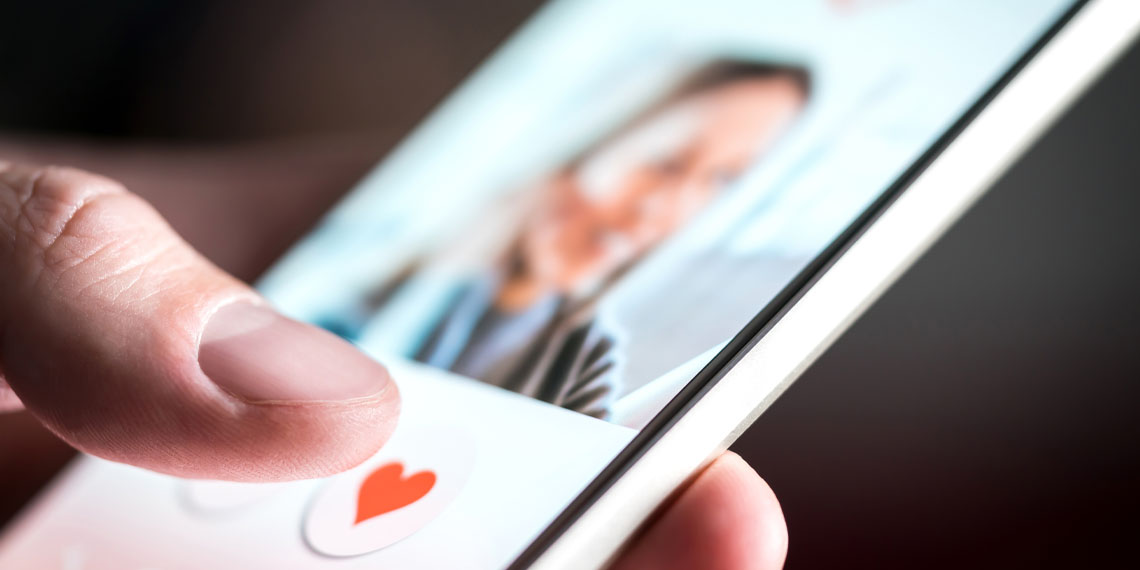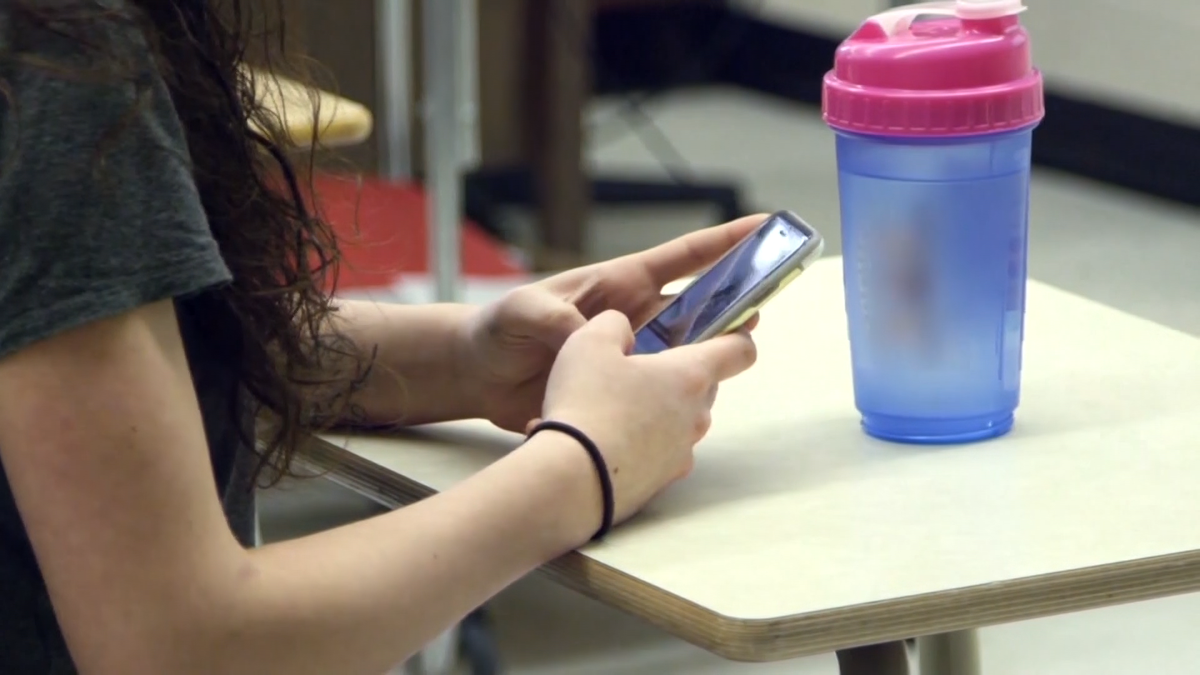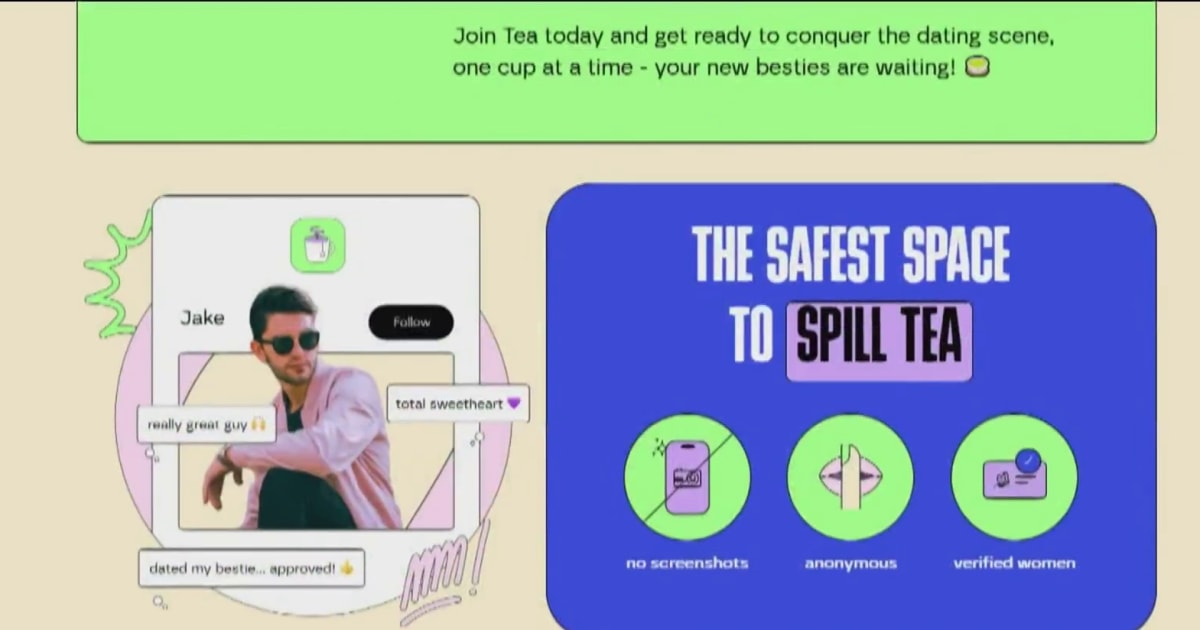A recent study published in the journal Social Sciences suggests that romantic relationships initiated through dating apps are not significantly different in quality compared to those formed in person. These findings challenge lingering societal perceptions that app-based relationships are inherently less genuine or meaningful.
Over the past decade, dating apps have surged in popularity, becoming one of the most common ways people meet potential partners. Despite this trend, online-initiated relationships have historically faced skepticism. Critics argue that such relationships may prioritize physical attraction over emotional connection or be hampered by issues like dishonesty in online profiles.
“Since earning my PhD, I have been fascinated by the integration of technology in relationships, families, and development,” said study author Mickey Langlais, an assistant professor in the Department of Human Sciences and Design at Baylor University.
“One facet that particularly caught my interest was the increased reliance on dating applications, often used to help form romantic relationships. When I began this research, dating applications carried a negative stigma, yet many of my students and friends mentioned meeting their partners through these platforms. Given this paradox, I wanted to compare how satisfied couples were based on whether they met in person or via a dating application.”
The study recruited 233 college students from a large university in the southern United States. The participants, all at least 18 years old, completed an online survey about their relationship experiences. Among them, 120 participants were currently in a romantic relationship, while 169 had experienced a previous romantic relationship. Thirty-four participants in current relationships met their partner through a dating app, while 86 met their partner in person. Similarly, 29 participants reported meeting their previous partner via a dating app, compared to 140 who met in person.
To measure relationship quality, the researchers used the Perceived Relationship Quality Components Inventory, which assesses aspects such as satisfaction, intimacy, and trust. Participants rated their current or past relationships on a scale from 1 to 7, with higher scores indicating better relationship quality. The research team then conducted statistical analyses to compare the relationship quality of those who met online versus in person.
The researchers found no significant differences in the quality of romantic relationships based on whether they were initiated online or face-to-face. For both current and past relationships, participants who met their partners through dating apps reported levels of satisfaction, commitment, and passion comparable to those who met in person.
“The results of this study show that there were no statistical differences in relationship satisfaction based on how people formed a relationship. Those who met their current (and former) romantic partner face-to-face experienced similar levels of satisfaction compared to those who met their partner on a dating application,” Langlais told PsyPost.
The researchers theorized that this parity might be due to declining stigmas around online dating and the increasing normalization of dating apps as a tool for finding partners. “During the process of revising this article, the negative stigma around dating applications seems to have diminished, and the results of this study contribute to why people are less likely to see dating applications as taboo or embarrassing,” Langlais said.
The study challenges the notion that relationships formed online are inherently less authentic or fulfilling than those initiated in person. However, there are some limitations.
“The sample for this study was college students from a single university, so we can’t generalize these results to other populations,” Langlais said. “More studies are needed to replicate this research with other demographic groups.”
Langlais and his colleagues are continuing to explore the role of dating applications in relationships. “I am currently collaborating with two other graduate students to learn more about dating applications. I am working with Ms. Hannah Grace Lee, a graduate student in Public Health at Duke University, to examine how using dating applications impacts individuals’ physiological health, such as heart rate and blood pressure.”
“I am also working with Ms. Celia Lee, a doctoral student in Human Development and Family Science at the University of Minnesota, to study how motivations for using dating applications influence whether they are perceived as helpful in forming romantic relationships,” Langlais added.
The study, “Dating Applications versus Meeting Face-to-Face: What Is Better for Romantic Relationship Quality?“, was authored by Mickey Langlais, Lyra Toohey, and Arielle Podberesky.


